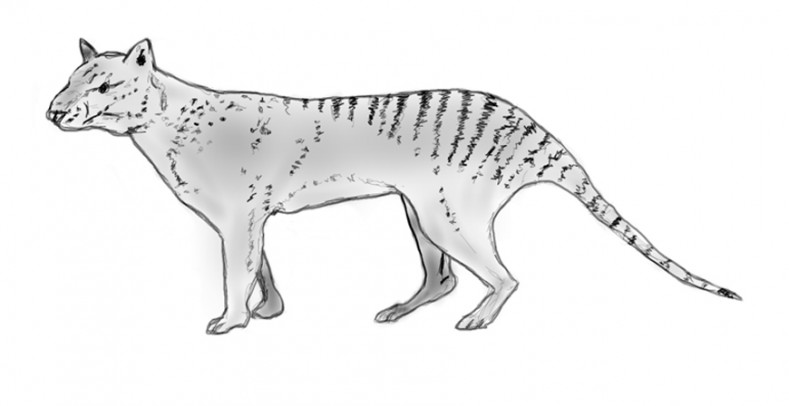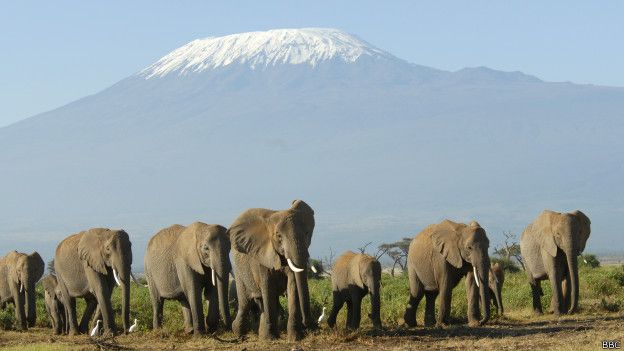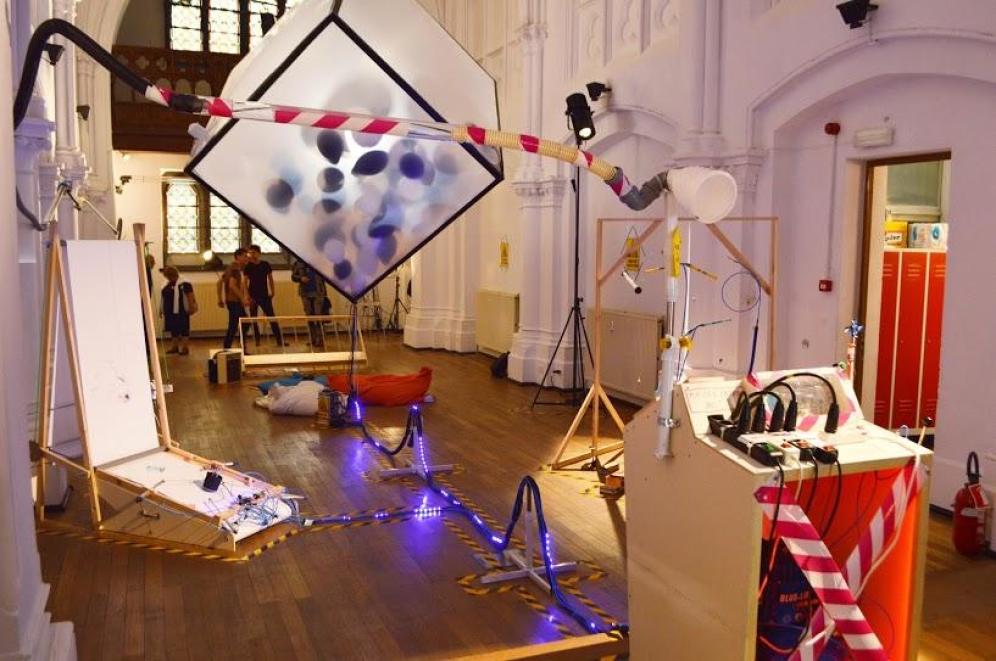Science in the media
-

Fossilised remains of world’s oldest flower discovered in Spain
Ancient aquatic plant thought to be world’s first flower; studying it could provide a solution to modern pollination issues linked to decline of bee population
-

Evidencias de otra brutal masacre en el Neolítico
El análisis de los restos encontrados en Schöneck-Kilianstädten (Alemania) muestra que hace 7000 años se produjo la matanza de 26 individuos a los que sus agresores torturaron con crueldad. El […]
-

Red Pandas Are Adorable and in Trouble
“They’re like a fox and a raccoon and a bear and a dog and a cat. They’re like every adorable animal in one animal.” Darwin could not have said it […]
-

Can Neuroscience Ever Have a Place in the Courtroom?
According to expert Dr. Judith Edersheim, co-founder and co-director of the Center for Law, Brain, and Behavior, it is a question of how—not if—neuroscience will play a role in the […]
-

How Life and Luck Changed Earth’s Minerals
Is geology predictable, or is the mineral composition of Earth due to chance events? The answers could eventually help scientists identify planets likely to harbor life.
-

¿Es realmente el Everest la montaña más alta del mundo?
Sí. Y no. Todo depende de cuál sea el punto desde el que se la mide. ¿Pero por qué alcanzó cerca de 9.000 metros de altura? ¿Y cuáles son entonces […]
-

Team makes Vicodin component in yeast, says ‘home brew’ opiates still not feasible
Earlier this summer, a flurry of scientific papers and news reports warned of the likely arrival, sometime soon, of “home brew heroin” — opiate drugs that might be brewed using yeast, […]
-

Most gay and lesbian researchers are out in the lab
Lesbian, gay, bisexual and transgender (LGBT) scientists feel more accepted in the workplace than their peers in other professions, a US survey suggests. The study, published in the Journal of […]
-

¿Aire en vez de electricidad? Así sería el mundo de la computación neumática
Aún andamos algo lejos de tener un ordenador que realiza operaciones con válvulas, pero eso no quita que podamos imaginar cómo funcionaría si por sus entrañas circularan corrientes de aire.
